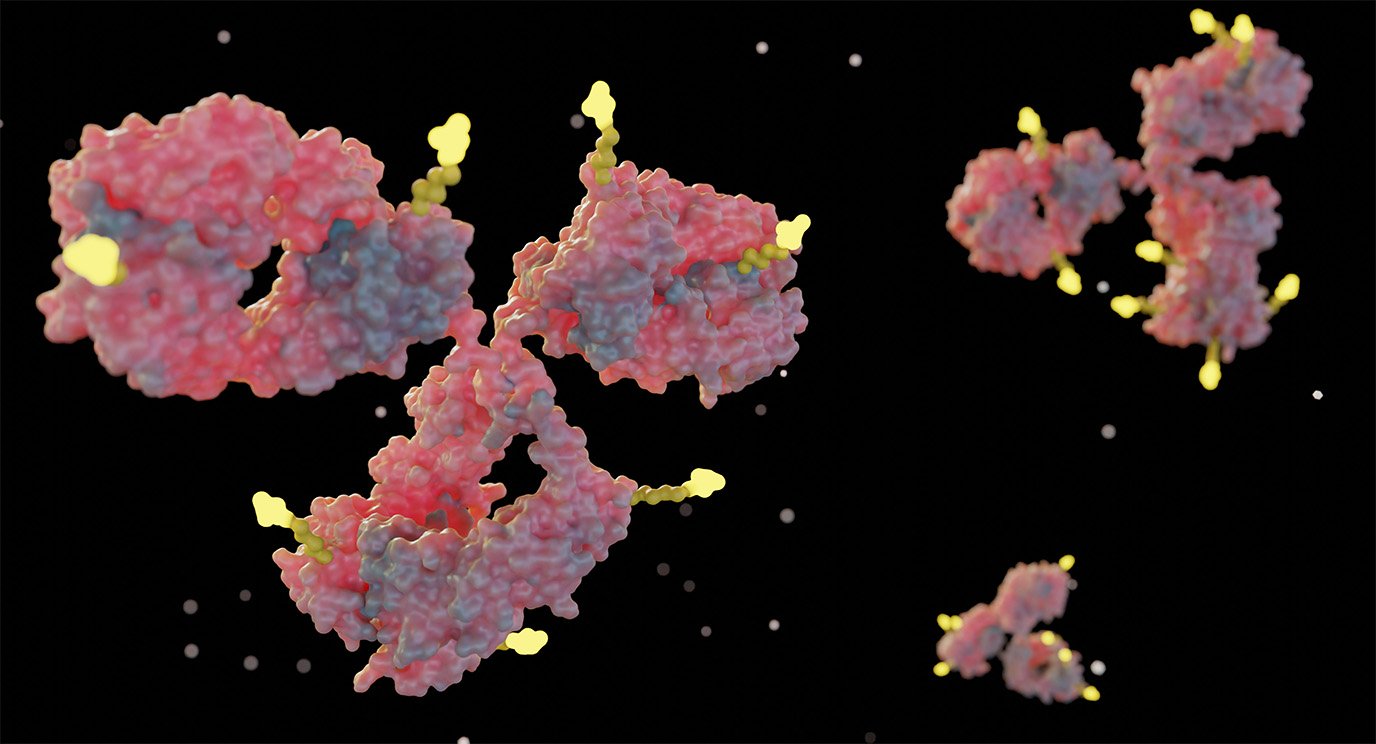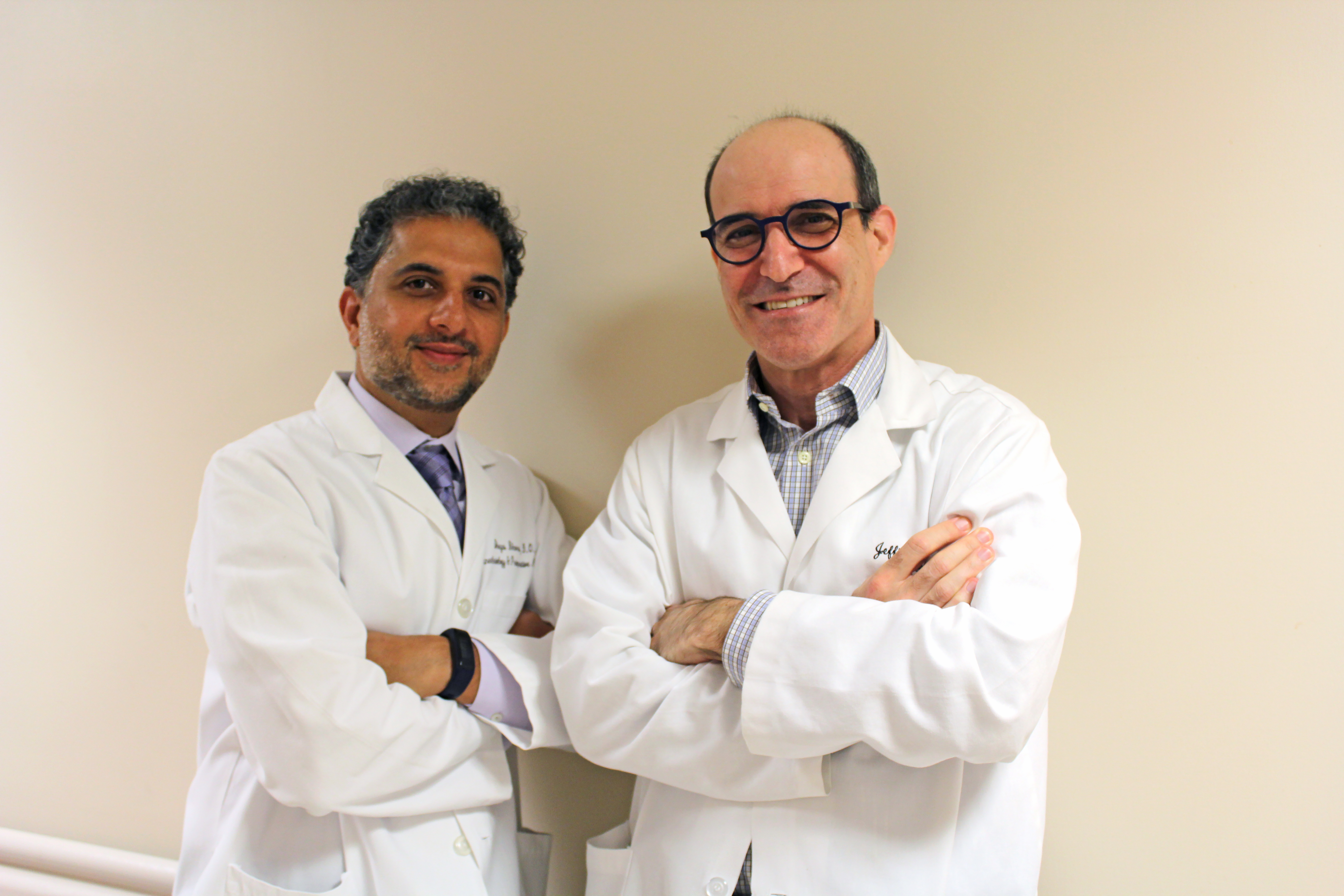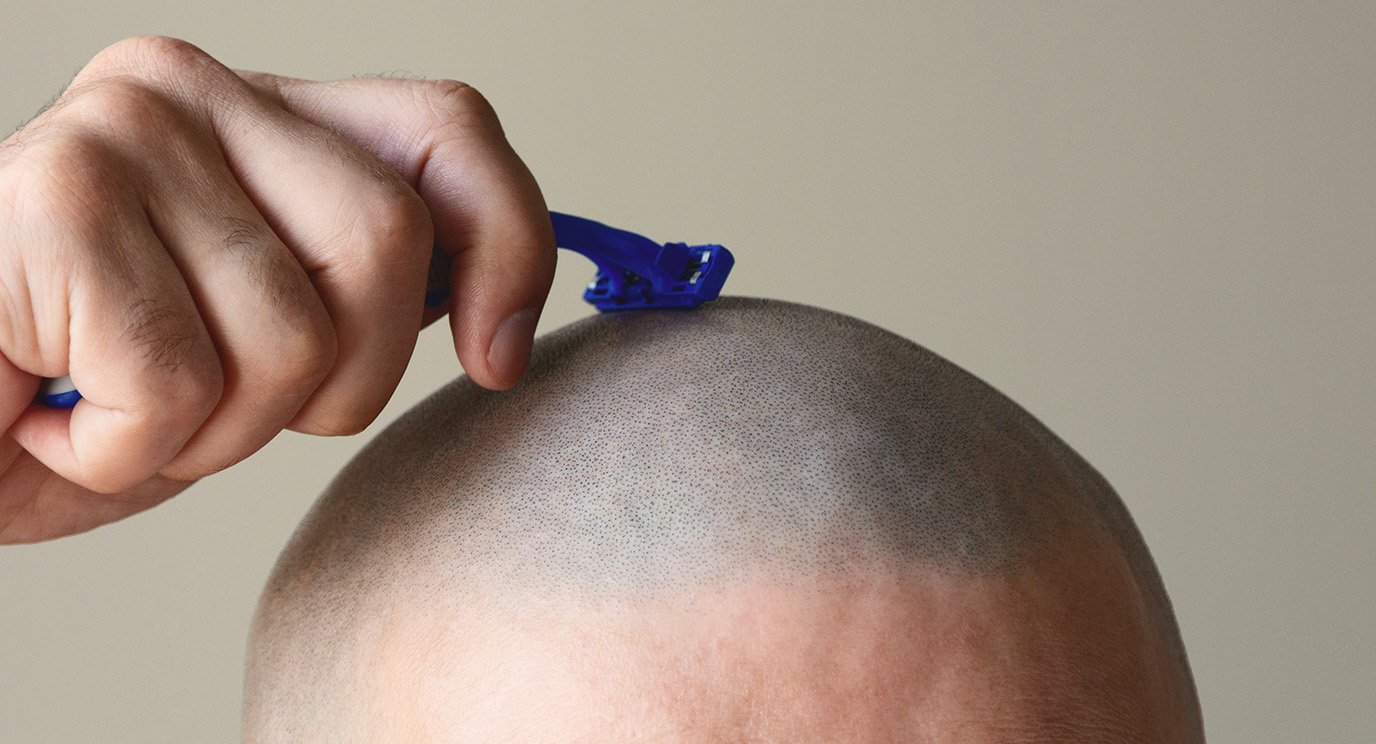- Diseases
- Acoustic Neuroma (14)
- Adrenal Gland Tumor (24)
- Anal Cancer (66)
- Anemia (2)
- Appendix Cancer (16)
- Bile Duct Cancer (26)
- Bladder Cancer (68)
- Brain Metastases (28)
- Brain Tumor (230)
- Breast Cancer (718)
- Breast Implant-Associated Anaplastic Large Cell Lymphoma (2)
- Cancer of Unknown Primary (4)
- Carcinoid Tumor (8)
- Cervical Cancer (154)
- Colon Cancer (164)
- Colorectal Cancer (110)
- Endocrine Tumor (4)
- Esophageal Cancer (42)
- Eye Cancer (36)
- Fallopian Tube Cancer (6)
- Germ Cell Tumor (4)
- Gestational Trophoblastic Disease (2)
- Head and Neck Cancer (6)
- Kidney Cancer (124)
- Leukemia (344)
- Liver Cancer (50)
- Lung Cancer (288)
- Lymphoma (284)
- Mesothelioma (14)
- Metastasis (30)
- Multiple Myeloma (98)
- Myelodysplastic Syndrome (60)
- Myeloproliferative Neoplasm (4)
- Neuroendocrine Tumors (16)
- Oral Cancer (100)
- Ovarian Cancer (170)
- Pancreatic Cancer (164)
- Parathyroid Disease (2)
- Penile Cancer (14)
- Pituitary Tumor (6)
- Prostate Cancer (144)
- Rectal Cancer (58)
- Renal Medullary Carcinoma (6)
- Salivary Gland Cancer (14)
- Sarcoma (236)
- Skin Cancer (296)
- Skull Base Tumors (56)
- Spinal Tumor (12)
- Stomach Cancer (60)
- Testicular Cancer (28)
- Throat Cancer (90)
- Thymoma (6)
- Thyroid Cancer (98)
- Tonsil Cancer (30)
- Uterine Cancer (78)
- Vaginal Cancer (14)
- Vulvar Cancer (18)
- Cancer Topic
- Adolescent and Young Adult Cancer Issues (20)
- Advance Care Planning (10)
- Biostatistics (2)
- Blood Donation (18)
- Bone Health (8)
- COVID-19 (362)
- Cancer Recurrence (120)
- Childhood Cancer Issues (120)
- Clinical Trials (628)
- Complementary Integrative Medicine (24)
- Cytogenetics (2)
- DNA Methylation (4)
- Diagnosis (230)
- Epigenetics (6)
- Fertility (64)
- Follow-up Guidelines (2)
- Health Disparities (14)
- Hereditary Cancer Syndromes (124)
- Immunology (18)
- Li-Fraumeni Syndrome (8)
- Mental Health (118)
- Molecular Diagnostics (8)
- Pain Management (62)
- Palliative Care (8)
- Pathology (10)
- Physical Therapy (18)
- Pregnancy (18)
- Prevention (898)
- Research (392)
- Second Opinion (74)
- Sexuality (16)
- Side Effects (604)
- Sleep Disorders (10)
- Stem Cell Transplantation Cellular Therapy (216)
- Support (404)
- Survivorship (322)
- Symptoms (184)
- Treatment (1776)
The keto diet and cancer: What patients should know
3 minute read | Published April 18, 2018
Medically Reviewed | Last reviewed by an MD Anderson Cancer Center medical professional on April 18, 2018
There’s no one food that can cure cancer, but that doesn’t stop such myths from circulating. And while researchers are starting to find some links between nutrition and cancer, more research is needed.
The ketogenic diet – also called the keto diet -- is among those diets rumored to cure cancer. We talked to Maria Petzel, a senior clinical dietitian at MD Anderson, to learn more. Here’s what she had to say.
What is the keto diet?
The keto diet is a low-carbohydrate diet. The diet’s strict guidelines recommend eating more fat and protein while cutting most carbohydrates and sugars out of your diet.
Cutting out carbs forces your body to burn the fat you’ve already stored. This process, called ketosis, usually begins three to four days after eliminating carbs from your diet.
What are the pros and cons of the keto diet?
For most people, the keto diet will result in weight loss, but this might not be the healthiest way to do it. When your body burns fat because it is starved of carbs, it makes ketones. Ketones are a type of acid made by your liver and then sent into your bloodstream. Too many ketones can led to dehydration and alter the chemical balance of your blood.
Cutting out entire food groups can also be hard to stick with long-term, and most people regain some or all of the weight lost when they quit the keto diet and resume a less extreme diet.
In addition, diets high in fat are associated with heart disease and obesity. Many keto diet-safe foods, like red meat, can increase your cancer risk.
Is there any evidence that the keto diet can cure cancer?
No single food can cure cancer, but some research has shown a link between the keto diet and slowed growth of some types of tumors in mice. A few studies in humans with certain types of brain tumors have also shown promise. On the contrary, a very low-fat diet has been found to reduce risk of recurrence for certain types of breast cancer. Some researchers are conducting more clinical trials with cancer patients, looking at how diet affects patients, along with chemotherapy and radiation. We hope that this research, as well as future research, will help us better understand the role that the keto plays in cancer.
What should cancer patients who are considering the keto diet know?
While there’s the potential that the keto diet could help some cancer patients, it can also harm others. Depending on your type of cancer or cancer treatment, your body may not be able to break down the proteins and fats. This could lead to other digestive problems.
That’s why it’s important to talk to your doctor or a dietitian before beginning the keto diet -- or any other diet. Different diet plans work for different people, and your doctor or dietitian can help you determine if a new diet will help you reach your health goals.
If you’re an MD Anderson patient, your doctor can refer you to a clinical dietitian. Each clinic at MD Anderson has an assigned dietitian who is available to help patients at all stages of cancer treatment.
A dietitian can determine your nutrition goals and help adjust them during each stage and change of your cancer treatment. Your dietitian can help you manage your diet to minimize side effects, cope with any new food sensitivities and keep you feeling your best.
Request an appointment at MD Anderson online or by calling 1-888-508-0179.

For most people, the keto diet will result in weight loss, but this might not be the healthiest way to do it.
Maria Petzel
Senior Clinical Dietitian





